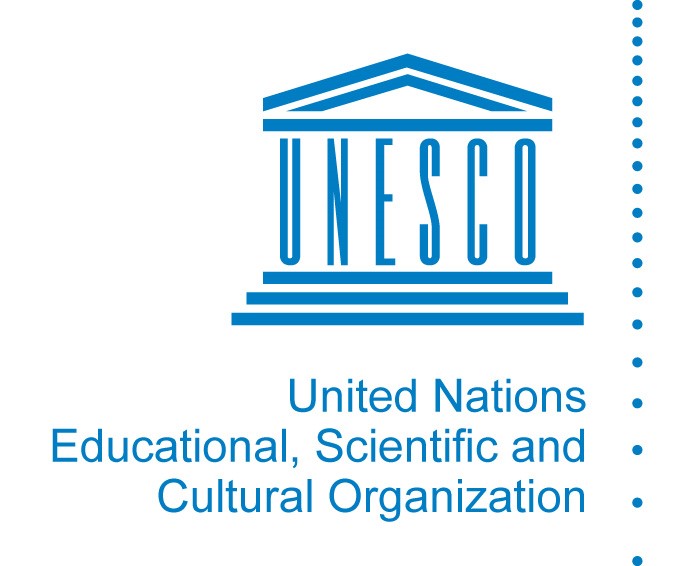Women and girls are experts on their own experiences, how they feel and what they need. Media organizations and those planning media interventions should value women’s knowledge, and recognize women and girls, including survivor’s organizations, as respected sources of information based on their ideas and experiences. Not all women and girls have the same needs and experiences. These will be affected by culture, age, ethnic background or race, sexual orientation, ability and other defining characteristics related to social and or political status. This means that decisions within media organizations, within programmes and interventions, in portrayals and messaging should be reflective of the inputs and knowledge of women and girls from diverse backgrounds. Engaging women, especially those whose rights and voices have been marginalized, can avoid further exclusion, uphold their rights and minimize unintended or negative consequences.
Ensuring representation
Última editado: July 27, 2020
